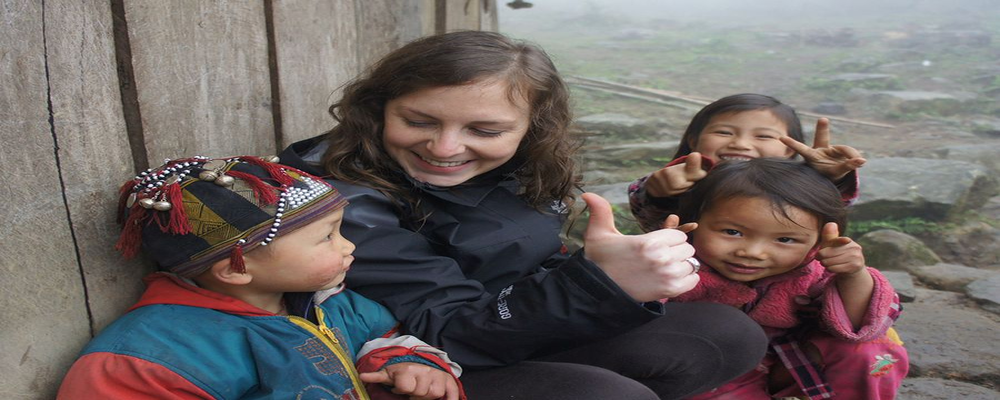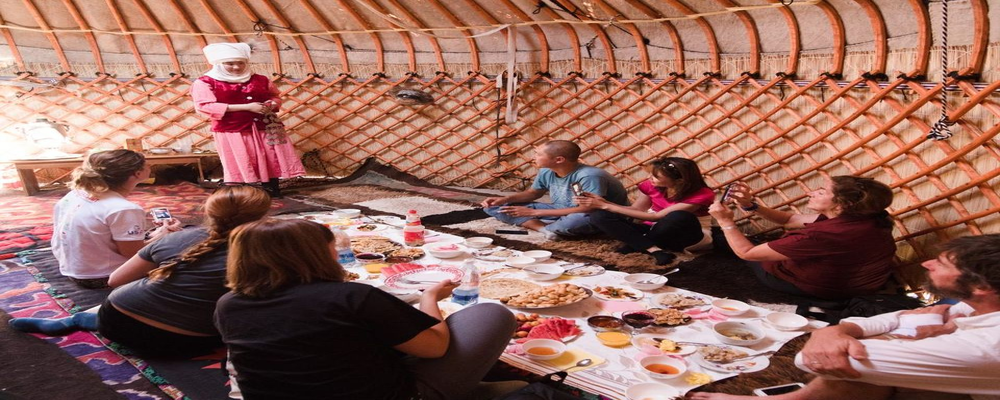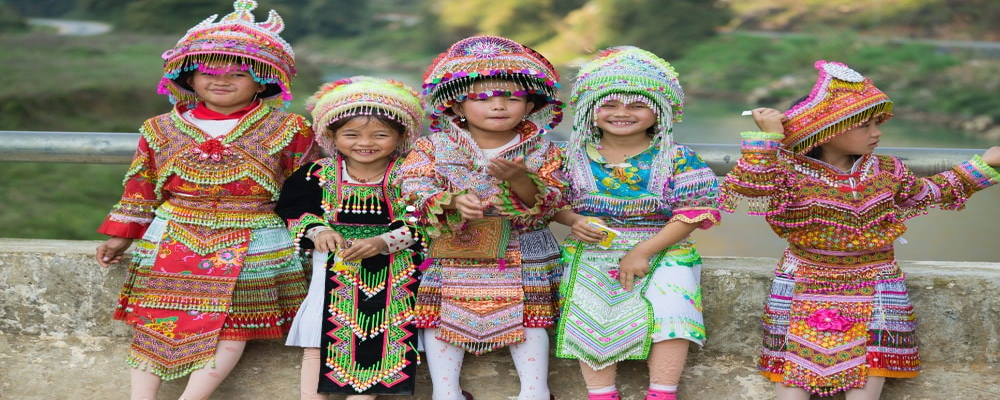Discover the importance of cultural respect and how it can enhance relationships, communication, and understanding between individuals from different backgrounds. Gain insights on how to cultivate a culturally respectful mindset and practices for creating a more inclusive and harmonious society.
What is cultural respect?
Cultural respect is the recognition, comprehension, and appreciation of the convictions, ideals, and traditions of people and groups from various cultural origins. It requires appreciating both the qualities that unite people while also acknowledging and accepting the differences that exist among them.

Cultural respect is avoiding assumptions or judgments based on expectations or prejudices and demonstrating awareness and empathy for people and groups from various cultural origins. It also entails having meaningful conversations, actively listening, and being open to learning from others.
It takes cultural respect to create a welcoming and inclusive environment in many settings, such as healthcare, education, and the workplace. It fosters social fairness and equity while fostering relationships and trust.
Why need people to respect culture when traveling?
- Promotes diversity and inclusion

Respecting cultural differences is necessary for promoting diversity and inclusion. When we appreciate and celebrate the differences among people from different ethnic origins, we can foster a welcoming environment where everyone feels respected and included. This is essential in settings like the office or classrooms, where variety can encourage innovation, creativity, and better problem-solving.
- Fosters mutual understanding
Respect for cultural diversity promotes appreciation and understanding of other cultures. When we take the time to study about other people’s cultures, our ability to comprehend their values, beliefs, and behaviors is improved. This can foster better acceptance and tolerance while bridging cultural gaps.
- Avoids discrimination and prejudice

When culture is respected, people are less likely to make assumptions about others or pass judgment on them based on their cultural background. When we approach others with an open mind and a willingness to learn more about them, stereotyping and discrimination can be avoided. This is essential due to the fact that discrimination can impair people’s mental health and wellness and hamper both social and economic growth.
- Enhances communication and collaboration
Mutual tolerance for one another’s cultural differences is essential for effective cross-cultural communication and collaboration. When we are aware of one another’s cultural peculiarities, we are better equipped to communicate openly and work together to accomplish our shared goals. In many situations, such as business and the medical industry, where misconceptions or poor communication can have negative implications, communication is essential.

- Preserves cultural heritage
Maintaining cultural traditions and history requires respecting cultural differences. When we acknowledge and appreciate various cultures, we help people and communities maintain a feeling of self and pride. For the sake of preserving cultural diversity and promoting long-term cultural viability, this is essential.

Ultimately, honoring culture is vital for building a more inclusive, understanding, and harmonious community. It helps to break down cultural barriers, promote mutual understanding and respect, and preserve cultural diversity and heritage for future generations.
Some actions show respect for culture in Vietnam
- Dress appropriately
In formal or religious contexts, humility and decorum are strongly valued in Vietnamese culture. It’s crucial to dress conservatively and stay away from anything too provocative or revealing when attending these kinds of locations. This can entail concealing the shoulders and donning long skirts or pants for women. Guys should likewise dress modestly and refrain from donning tank tops or shorts. You can demonstrate respect for Vietnamese culture and traditions by dressing correctly.
- Remove your shoes
It’s usual to take off your shoes before entering many Vietnamese homes and temples. This is done for cultural as well as practical reasons (to keep the floors clean) (to show respect for the space and the people in it). Simply take off your shoes at the door and keep them there until you are ready to go. For guests to wear indoors, certain locations could offer slippers.
- Learn a few Vietnamese phrases
You can converse with locals and demonstrate an interest in their culture by learning a few simple Vietnamese words. “Xin chào” (hello), “cảm ơn” (thank you), “tạm biệt” (goodbye), and “xin lỗi” (excuse me or I’m sorry) are some commonly used expressions. These words and phrases can improve your communication and relationships with locals.
- Respect the flag
The Vietnamese flag is a significant representation of the independence and pride of the nation. It’s critical to handle the flag with respect and to refrain from any actions that can be interpreted as demeaning or derogatory. Do not, for instance, alter the flag or use it in an unofficial manner. Standing at attention and demonstrating respect are usual during the playing of the national anthem and when the flag is being raised or lowered.
In conclusion, cultural respect is crucial for building strong relationships and creating a more inclusive and harmonious society. By recognizing and valuing diversity, we can promote understanding, communication, and cooperation among individuals from different backgrounds.














